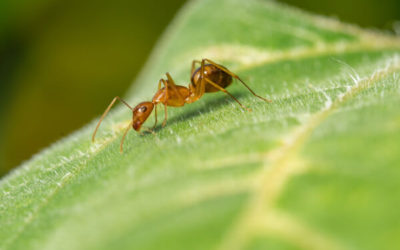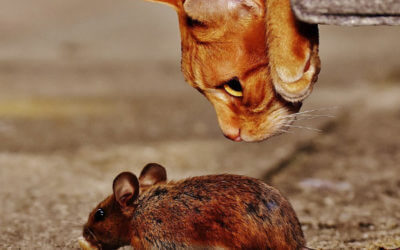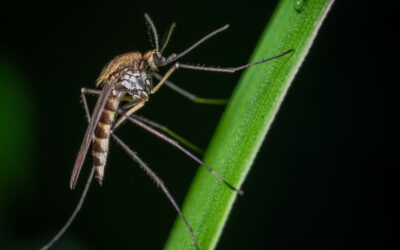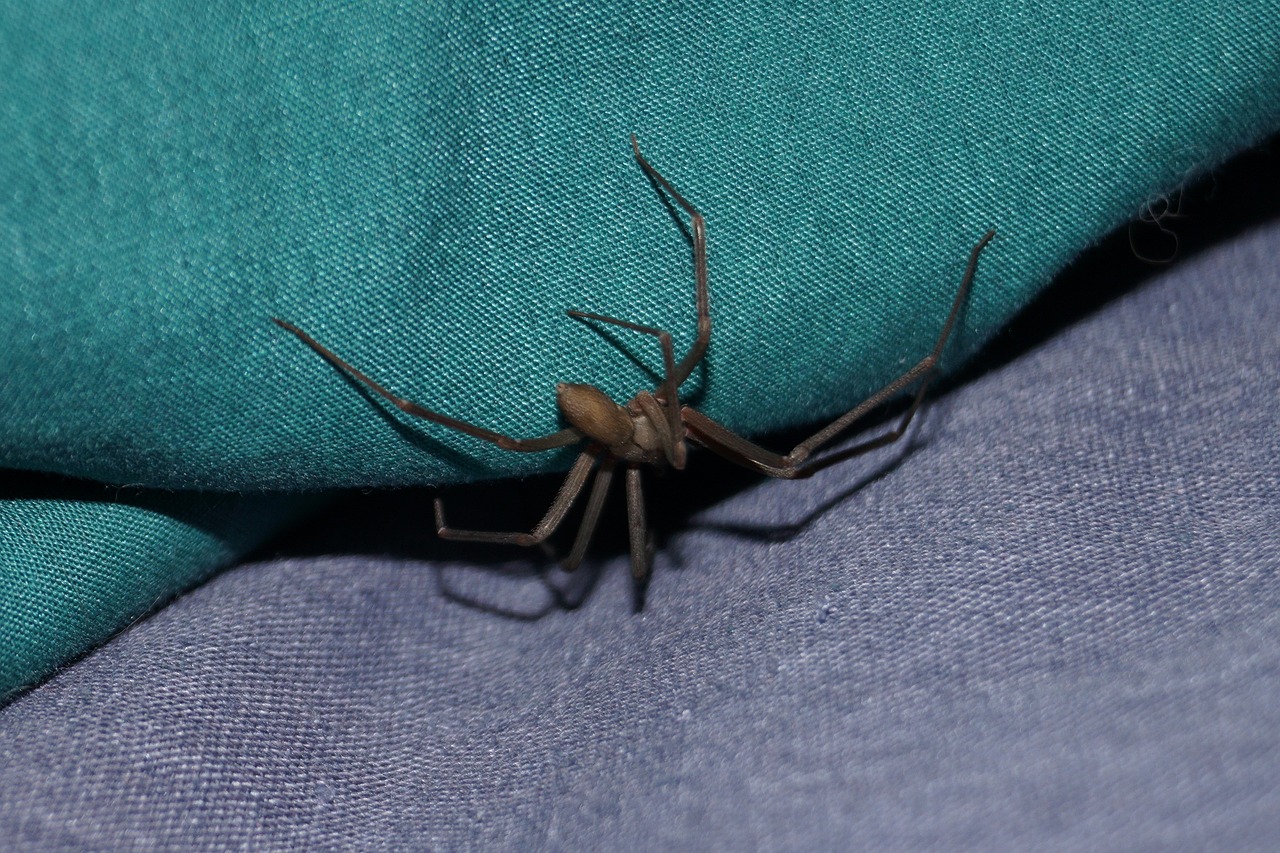
Why Brown Recluses are Dangerous
Brown recluse spiders, which are sometimes called fiddleback or violin spiders due to their distinct markings, are a fairly common concern for homeowners. While these spiders aren’t inherently aggressive, their venomous bites can cause serious health problems.
How to Identify a Brown Recluse Spider
Brown recluse spiders are typically light to medium brown, ranging in size from about ¼” to ½” long. Their most distinctive feature is a violin-shaped marking on their back, with the “neck” of the violin pointing toward the abdomen.
It’s important to note that this violin marking can vary in color and contrast to the spider’s body, and it may not be easily visible in young brown recluse spiders. While there is another way to positively identify them, it’s unlikely that you’ll want to get up close and personal enough to do it. They have a unique eye pattern, with six eyes arranged in three pairs, arranged in a semi-circle shape with a space between each pair. Most other spiders have eight eyes.
Brown recluse spiders typically prefer secluded, undisturbed areas. They are most likely to be found in attics, basements, closets, garages, and behind furniture or appliances.
Venomous Bites and Health Risks
Brown recluse spiders are venomous, and their bites can be dangerous. If you’re bitten by a spider that you suspect was a brown recluse, we’d recommend seeking medical attention immediately.
Symptoms of the bite may not appear right away, but when they do, they may include redness, swelling, pain, and itching at the site of the bite. In some cases, the bite can lead to more serious complications like tissue death, also known as necrosis, and systemic reactions. You definitely want to avoid these complications, so we’ll reiterate: seek medical attention!
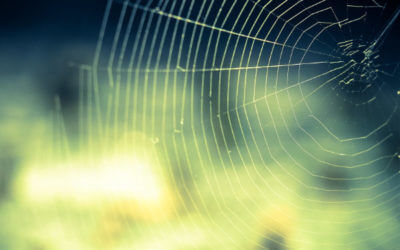
Brown Recluse Habitats and Behavior
As you might guess from their name, brown recluse spiders are shy and reclusive. They’re most active at night, and they prefer areas with minimal disturbance. This makes them difficult to detect and control.
They typically build irregular webs in secluded locations, and scavenge for insects and other small prey.
Keeping Brown Recluse Spiders Out of Your Space
While encounters with brown recluse spiders are relatively uncommon (they do their best to hide from you!), there are some steps that you can take to minimize the risk in your home.
Pay attention to cracks around doors, windows, and utility lines. Use caulk or weather stripping to seal potential entry points.
Reducing clutter in basements, attics, closets, and garages can help to eliminate hiding spots for brown recluse spiders. Regular vacuuming and dusting– especially in corners and behind furniture– helps to remove potential prey, and disrupt spider habitats.
When storing items in your home, avoid cardboard boxes, since these boxes can easily provide shelter for spiders. Instead, store belongings in sealed plastic bins or containers whenever possible.
Outside your home, removing leaf piles, wood debris, and other potential hiding spots– especially around the foundation of your home– can help to keep spiders away from your home.
Consider Professional Pest Control Services
If you suspect a brown recluse spider infestation, it’s advisable to contact a professional pest control company. The experts have the knowledge and necessary equipment to safely, effectively eliminate the problem.
By understanding the potential dangers of brown recluse spiders and taking proactive steps to prevent their presence within your home, you can help protect yourself and your family from potential health risks. Get started by contacting us for a consultation today.
Call your local West Termite location or fill out the form
on our contact page to schedule your inspection today!
More posts from West Termite, Pest & Lawn
Deterring Ants from Going Into Your Kitchen
Ants are among the most common household pests, and the kitchen, with its abundant food sources and moisture, is a prime target for these tiny invaders. Understanding how to deter ants from entering your kitchen involves a combination of preventative measures,...
Diseases That Rodents Can Bring
Rodents, while often small and seemingly innocuous, are significant carriers of numerous diseases that can pose serious health risks to humans. These pests, including rats and mice, thrive in various environments, often seeking refuge in human dwellings where food,...
Dealing with Mosquito Season
As the weather warms up, many of us look forward to spending more time outdoors, enjoying our yards, and hosting barbecues. However, with the arrival of summer comes the unwelcome presence of mosquitoes. These pesky insects are not just a nuisance; they can also pose...

